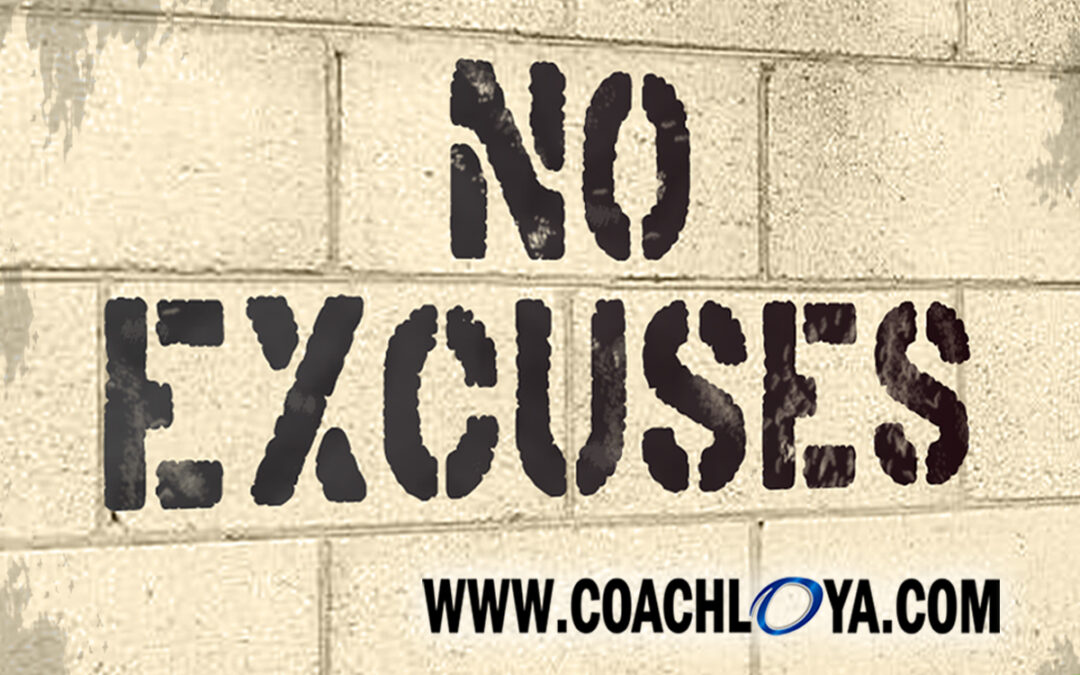The turning of the calendar brings with it the obligatory adoption of resolutions, goals, and guiding-word themes. Everybody approaches the new year differently. Some are more diligent with their approaches than others.
In a previous edition of Teammate Tuesdays, I shared my three-prong S.E.A. approach to the new year, where I focus on elements of my life I want to (S) sustain, (E) expand, and (A) amend.
Essentially, I pick a good habit I want to sustain/continue, an experience I want to undertake that will expand/broaden my horizons, and a bad habit I want to amend/change.
Last year, I focused on sustaining my daily walks, expanding my sphere of experience by visiting one of my five remaining Hard Rock Café locations (Read: The Happy Shirt Collection), and amending my coffee consumption.
LISTEN NOW
Just as the turning of the calendar is an ideal time to usher in the new, it’s also a prime occasion to assess the past. So…how did I do with my S.E.A. objectives from last year?
Not so well.
I continued with my morning walks. However, I did not visit any new Hard Rock Café locations. Nor did I stick to my new rule of only drinking coffee when I am writing.
Sustain, check. Expand, no check. Amend, no check. Contrary to what Meatloaf says, two out of three IS bad—at least on the surface.
If you dig a little deeper, you discover reasons that make it hard to label my situation as a failure.
I had engagements in two cities with Hard Rock Cafes that I had not previously visited. But sadly both of those locations (Memphis and Denver) permanently closed before I could visit.
Something beyond my control derailed my Hard Rock Café endeavor, and it would’ve been foolish, if not selfish, for me to alter my plans just to check off some arbitrary personal goal.
The better strategy was to take the disappointment in stride, re-evaluate, and make plans to visit one of the other locations at a future juncture.
When it comes to failure, people are quick to apply the “no excuses” mantra without considering the circumstances—a misapplication that can convey a lack of compassion, understanding, and empathy.
Good teammates resist this quick jump to judgement. Their empathy allows them to consider the circumstances and view an excuse as a viable explanation.
But their empathy also allows them to view an excuse as a misjustification.
I wanted to amend my coffee consumption. So I decided I would only drink coffee when I was writing. I stuck to that rule for almost nine months, which, in fairness, was a pretty good run.
In late August, I embarked on a new project that happened to coincide with a busy string of speaking engagements. To get through the stress and exhaustion, I reverted to my multiple-cup-a-day habit.
On top of that, my wife and daughters encouraged my increased coffee consumption. They made it abundantly clear that they preferred the alert, coffee-invigorated version of me, as opposed to the exhausted, irritable, coffee-deprived version. (Classic enablers!)
Cowering to my family’s preferences, a busy schedule, embarking on a new project, and the purported valor of a “pretty good run” are not, however, viable explanations for my failure. They’re flawed justifications for the continuation of a bad habit.
None of those reasons kept me from sticking to my amend objective.
A big part of being a good teammate is looking at the circumstances of a failure and differentiating between viable explanations and flawed justifications. You shouldn’t automatically write everything off as irrelevant excuses.
Your willingness to differentiate is what holds others accountable and compels them to re-assess, re-assemble, and re-approach—which is exactly what I plan to do with my “E” and “A” from last year.
By the way, if you happen to live or have connections to someone in the Cincinnati, Honolulu, or Sacramento areas (*the locations of the remaining three Hard Rock Cafes in the United States I have yet to visit) who is planning an event or looking for a speaker, reach out to me.
I promise it will be a win-win situation!
As always…Good teammates care. Good teammates share. Good teammates listen. Go be a good teammate.





